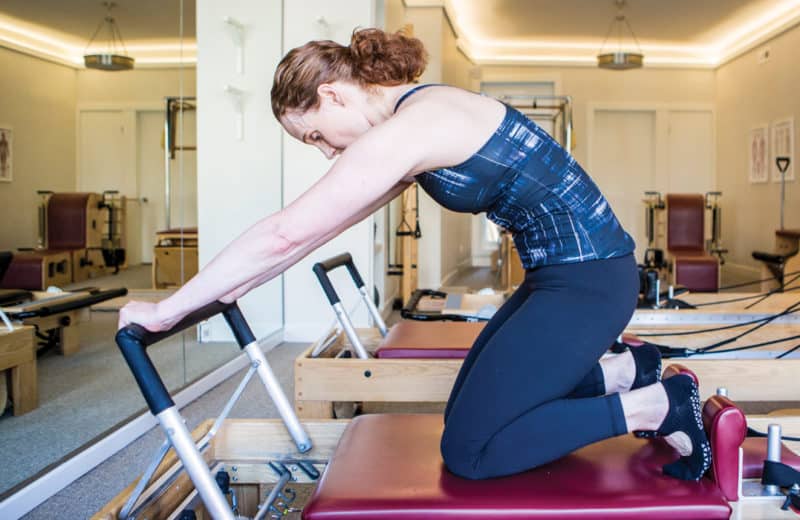By Julie Corliss
Like many people, I have a job that involves sitting in front of a computer most of the day. Because I work from home, I don’t have to sit through a long commute, and my dog gets me up out of my chair for walks a couple of times a day. Still, a new study about the health hazards of sitting too much (or what researchers call sedentary behavior) has made me more conscious of how much uninterrupted chair time I’m logging each day.
According to the report, published in January in the Annals of Internal Medicine, more than half of the average person’s waking hours are spent sitting: watching television, working at a computer, commuting, or doing other physically inactive pursuits. But all that sitting could be sending us to an early grave — even those folks who exercise up to an hour a day, say the Canadian researchers.
Their findings were gleaned from 47 studies that looked at the health effects of sedentary behavior. The researchers adjusted for other types of activity people did, from leisure-time activities to vigorous exercise.
Over the course of these studies, people who sat for prolonged periods of time had a higher risk of dying from all causes — even those who exercised regularly. The negative effects were even more pronounced in people who did little or no exercise.
The health hazards of not moving much are wide ranging, says Dr. Joanne Foody, who directs the Cardiovascular Wellness Center at Harvard-affiliated Brigham and Women’s Hospital, Boston, Mass.
“While we often think of the dangers of inactivity in terms of worsening cardiovascular health, there are a myriad of negative effects,” she says. The current study documented higher rates of type 2 diabetes, cancer, and cancer-related deaths in very sedentary people. An unrelated study has linked more sitting and less activity with an increased risk of developing dementia.
Exactly how sitting a lot contributes to poor health isn’t clear. But some research suggests it has harmful effects on sugar and fat metabolism, both of which affect a person’s risk of diabetes and heart disease, says Dr. I-Min Lee, a professor of medicine at Harvard Medical School.
Fear of an early death doesn’t usually motivate people to change their habits, but losing weight might be an incentive. You burn 30 percent more calories when you’re standing than when you’re sitting. It’s not a huge amount, but it adds up over time and contributes to weight control, says Dr. Lee.
The authors of the Annals study offered tips for sitting less, such as standing or moving around for one to three minutes every half hour while you’re at work.
“There are lots of apps you can use on your phone or computer that will sound an alarm to remind you,” says Dr. Lee. Standing or exercising when watching TV — even just during commercials –is another popular tip, as is standing when talking on the phone. “The key is to make these things habits that you do without thinking about, like brushing your teeth,” says Dr. Lee.
For me, I hope that standing more will be habit-forming. In the meantime, I think I’ll download an alarm app on my computer, which should help me get up more often than my dog does. I’m also considering creating a standing desk, as one of my colleagues has done.
(Julie Corliss is Executive Editor of the Harvard Heart Letter.)













